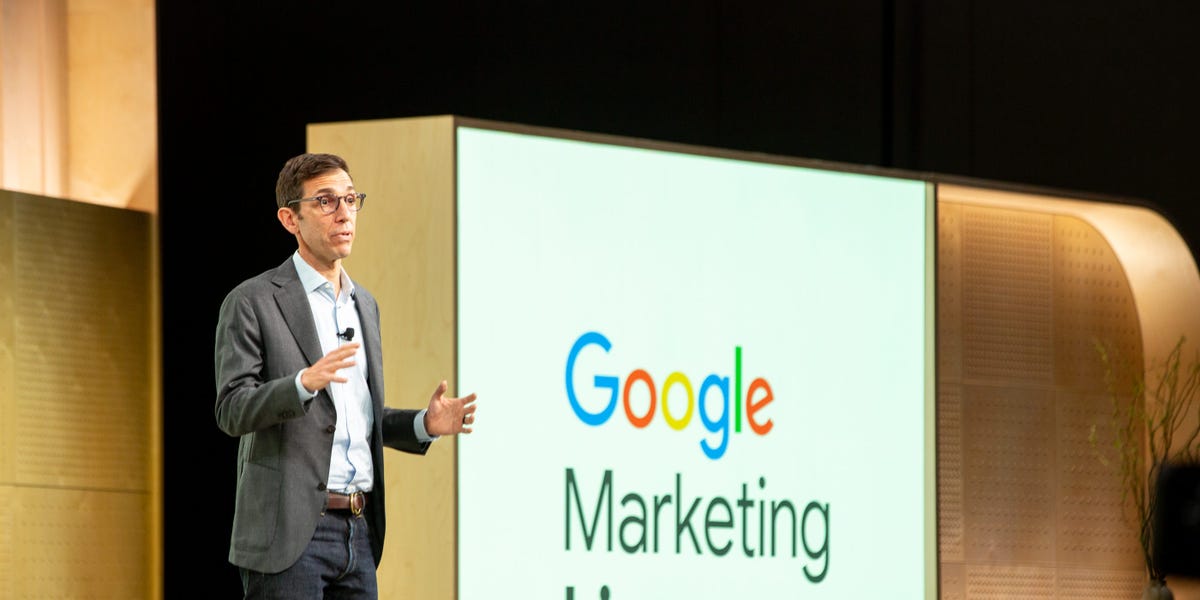Google Cloud's Ad Veteran Jerry Dischler Exits in Surprise Leadership Shake-Up

In a significant leadership shift, Jerry Dischler, a long-time executive who played a pivotal role in guiding Google's advertising division, has announced his intention to leave the tech giant. Dischler, known for his strategic leadership in one of Google's most lucrative business segments, will be departing from the company, marking the end of an era for the advertising team.
With years of experience at the forefront of Google's advertising innovations, Dischler has been instrumental in shaping the company's digital advertising strategies. His departure signals potential changes in the company's approach to its core revenue-generating business.
While details about his future plans remain undisclosed, Dischler's exit is sure to spark discussions about the future direction of Google's advertising operations and who will step up to fill the leadership vacuum he leaves behind.
